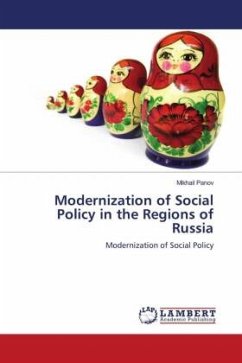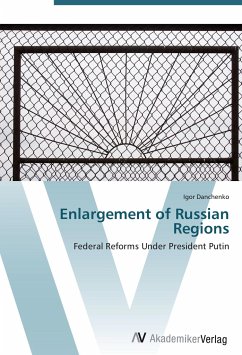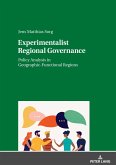Decentralization of power to the regional level has been a trend across Europe over the past several decades. This transfer of political and administrative competencies is motivated by a multitude of often contradictory goals, but is most frequently presented as a means of bringing government "closer to the people" and thus enhancing democracy. This book examines the quality of regional democracy in Europe by evaluating how effectively elections let people control the actions of regional governments. It states that when the re-election probabilities of incumbents are about even -- that is, when the two main parties competing for office are equally strong -- governments will be more responsive to their citizens. Conversely, when the opposition is weak, incumbents are free to ignore the wishes of voters.








